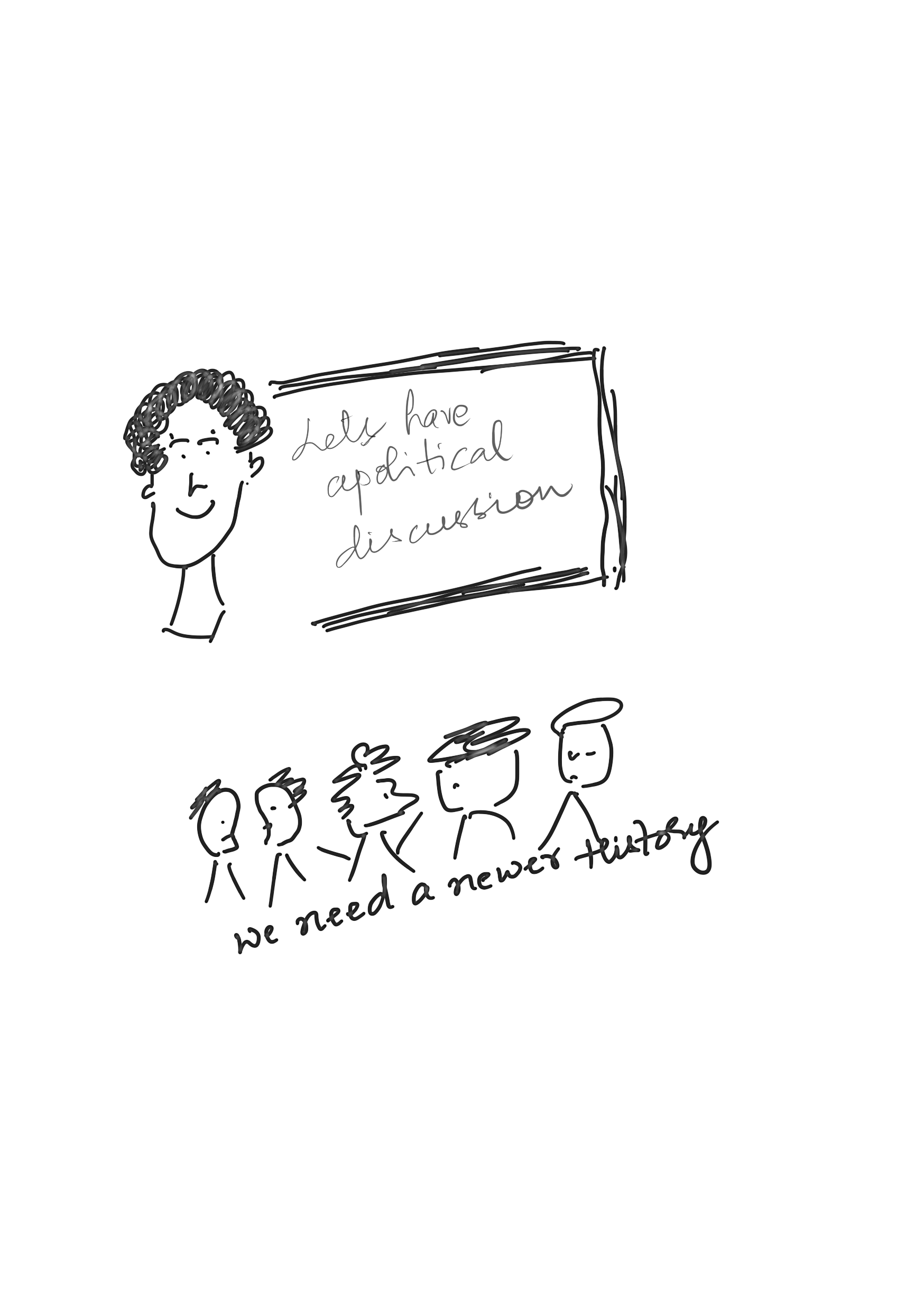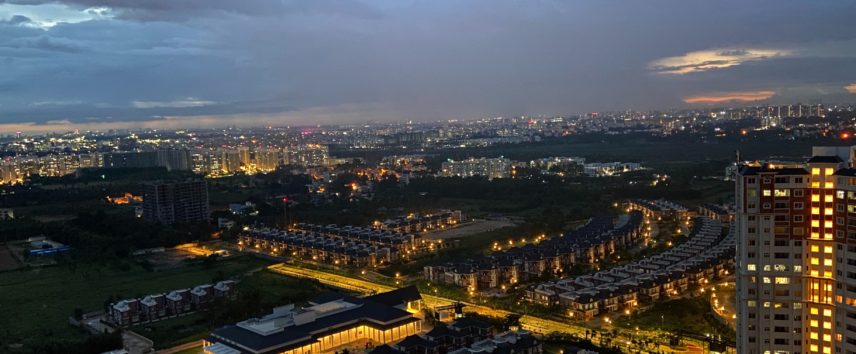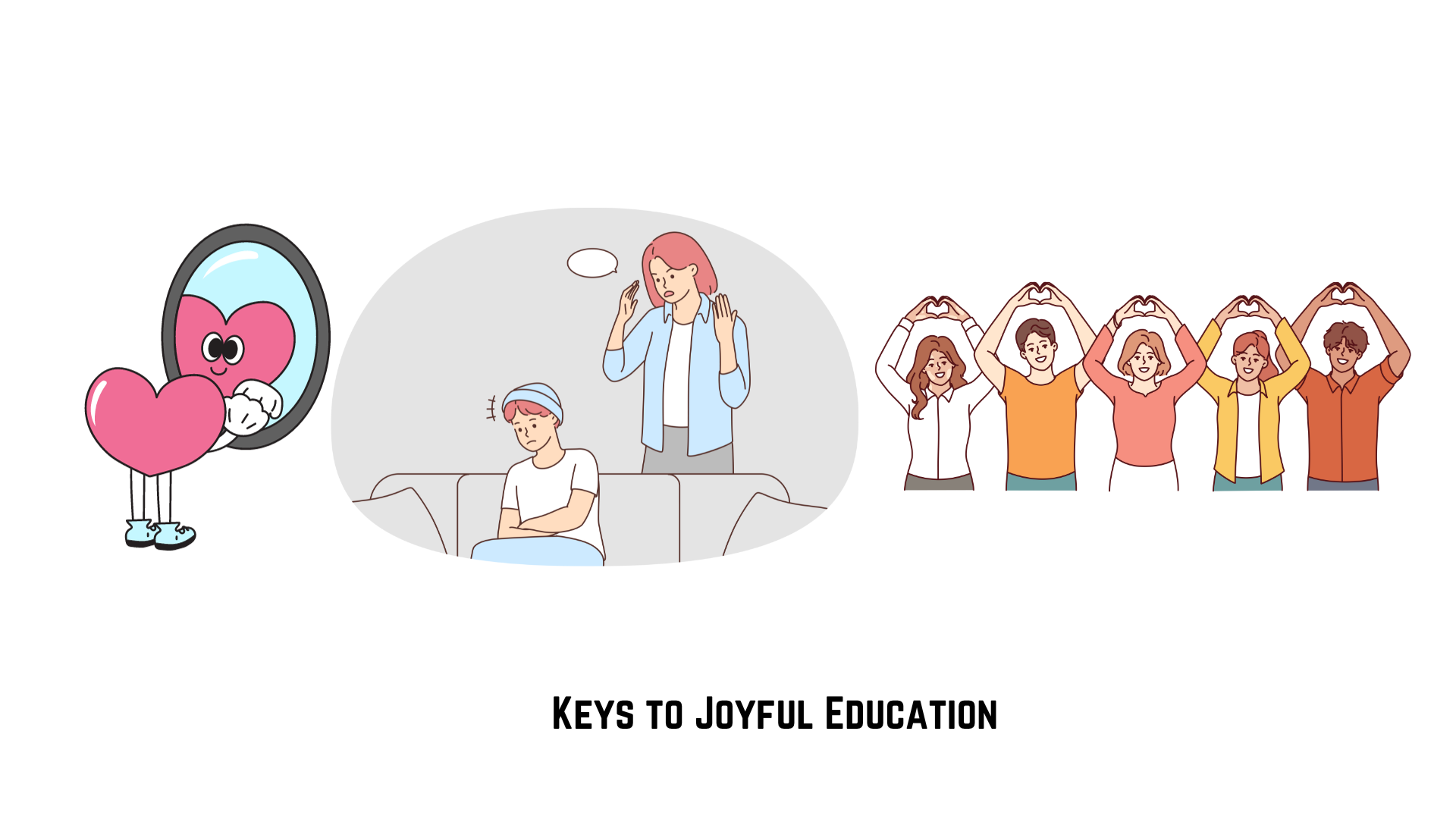Trending Now
- “I will soon make an announcement regarding a statewide tour across Tamil Nadu.” – O. Panneerselvam.
- Vatsala, Asia’s oldest elephant, has passed away at Panna Tiger Reserve; social activists mourn the death of this elephant, which lived for over 100 years.
- “The U.S. Govt earned ₹8 lakh crore this year through increased tariffs on foreign goods.” – U.S President Donald Trump.
- World No.1 Aryna Sabalenka has advanced to the semifinals in the Women’s Singles category at Wimbledon Tennis.
Columns
Making Sense of Social Science and Arts: Uncovering the Mystery Behind Unpopular Choices!
![]() April 30, 2023
April 30, 2023
Arts as a higher education is often seen as less popular in relation to career paths compared to fields like medicine, engineering, or business.
In her 30 years of social science teaching experience, Mrs. N. Yasotha, Senior Principal of Sree Vijay Vidyashram at Dharmapuri, has witnessed parents opting for science or commerce over the arts. However, she believes that human beings are social animals who form social groups through interaction. As a result, social science disciplines such as psychology, political science, sociology, etc. are important in understanding how individuals, groups, and societies function and interact with one another.
One of the key aspects of making sense of an arts career is understanding the different kinds of jobs that are available. With NEP 2020 in action, career paths would be interesting where one could study sociology and be a researcher or data analyst. Careers in the arts allow individuals to use their creativity and passion to make a positive impact in their communities and beyond.
According to Mrs. G. Usha Rani, Principal at Stansford International Higher Secondary School, Pondicherry, civics can be abstract and difficult for young children to understand, especially when it comes to complex political concepts such as cabinet ministers. It is important to present information through analogies or metaphors that relate to their age and experiences.
Visuals such as charts or diagrams to illustrate the roles of different cabinet ministers. Interactive activities such as mock elections or simulations can help students understand the process of democracy and the importance of voting.
One of the questions that I assumed was why one needed to study history, as the perception was to know the chronology of who killed whom.
According to Dr. N. Sudha, Principal of Sai Ram Vidyalaya Puducherry, history is important because it helps us understand our roots and where civilization came from. It helps one get insight into the people, events, and ideas that have shaped our societies. History is only a window of opportunity to appreciate the cultural heritage and the values that have been passed down to us through generations.
There is no doubt that history helps one think critically and analytically to evaluate and interpret sources of information by making connections between past events and current issues. These are essential skills for success in the modern world.
According to Mr. Marimuthu M, Principal, Vaasavi International School, Puducherry, geography is often neglected, despite its importance in understanding issues related to climate and the environment. The studies help in understanding the ways in which human activity affects the natural world, and its profound impacts on human societies.
The causes and consequences of climate change and the ways in which it is affecting people could help in the identification of solutions and strategies for mitigating its impact.
The key to making sense of social science and arts education and careers is to approach them with an open mind and a willingness to explore the many different opportunities.
Santosh Avvannavar, Education Journalist QtSTEAM & Mentor QtPi Robotics






















